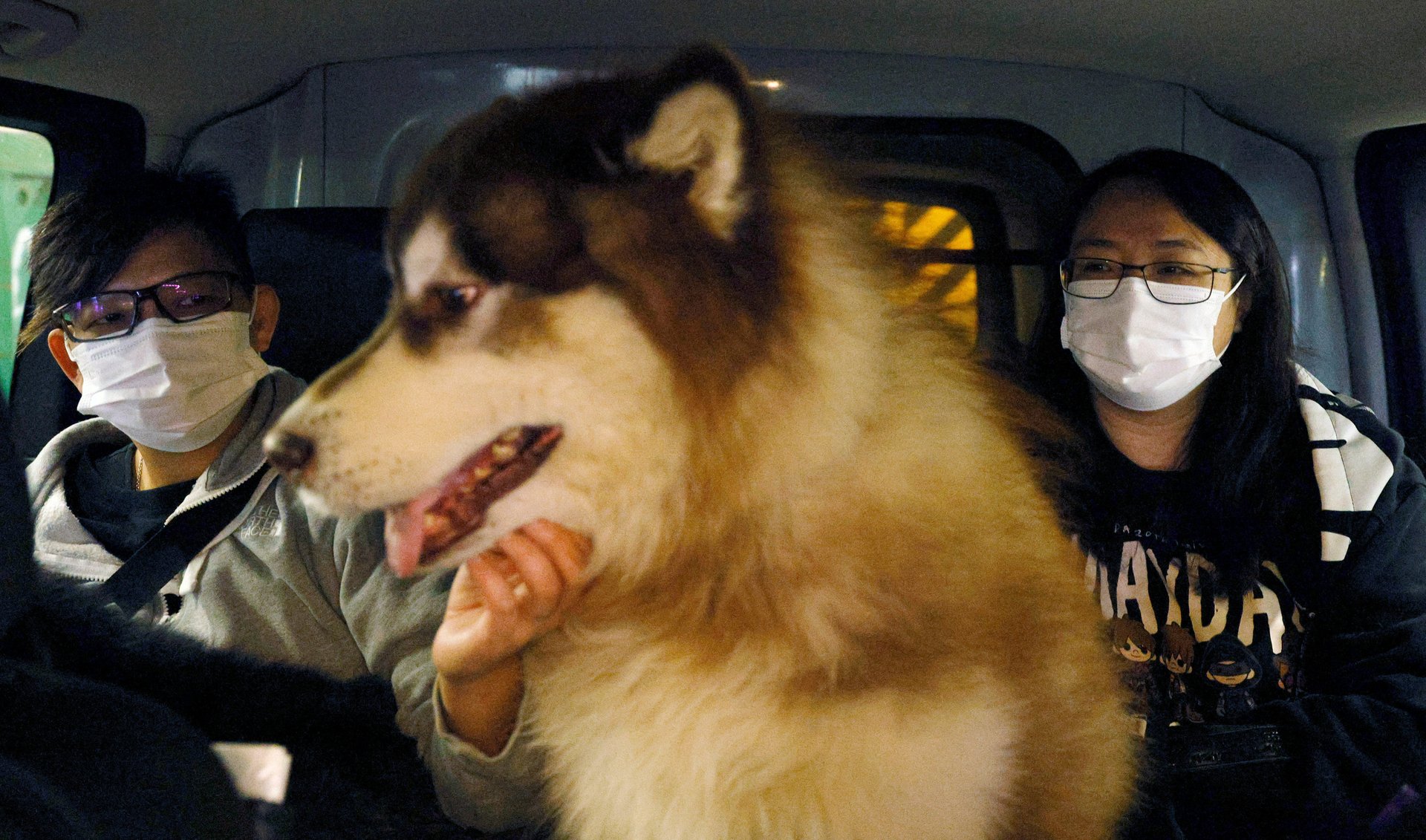Rover’s global growth will depend on where pets are considered family
Like a lot of successful startups, Rover—an app for booking pet sitters and dog walkers—has a plan for its international expansion.


Like a lot of successful startups, Rover—an app for booking pet sitters and dog walkers—has a plan for its international expansion.
But while other companies look at metrics like per capita income and broadband penetration, Rover considers the bonds between pet owners and their animal companions. If people in a country consider pets part of their families, that’s a potential market for Rover, CEO Aaron Easterly said. “It’s where they are with their relationship with pets,” he said.
When Rover launched, the company surveyed Americans with dogs and asked “Are you a parent or owner of your dog?” And 76% answered parent, Easterly said.
“There is this broad trend of the humanization of pets,” he said. “As income rises, people get married later and have fewer children. It creates this vacuum where pets become our de facto children.”
That impulse to parent furry companions is spurring the growth of a massive pet-care industry which is expected to pass $100 billion in annual revenues this year in the US alone. Americans’ love for their animals means they are spending ever-escalating amounts on high-end pet food, veterinary care, and services like grooming and boarding. It’s fueled a rush of investment by private equity and venture capital firms attracted to the industry’s 5% annual growth rate, with no end in sight. The growth trajectory explains why Rover is now valued at around $1.35 billion, following an announcement in February that it will be purchased by a special purpose acquisition company, or SPAC, to take it public.
A business based on love of pets
About three quarters of Rover’s business comes from overnight pet sitting or boarding, typically when a neighbor watches a dog or cat for a vacationing family. Pet sitters often do it because they love animals, Easterly said.
“Very few of our providers think of Rover as their primary source of income, or even as a job,” he said. “They love to make additional income being with pets and going on with their lives.”
So far, Rover is in the US, Canada, and eight European countries. But that could change as the rest of the world catches up with their affection for animals. “We think it’s a global phenomenon,” Easterly said. “In the developing world we can see the trend happening.”
For the model to work, Easterly said, “you need two things: You need pet-as-family and you need population density to make peer-to-peer [pet boarding] work.”
As the world emerges from the pandemic and begins traveling again, demand for Rover’s services will only grow, he said.